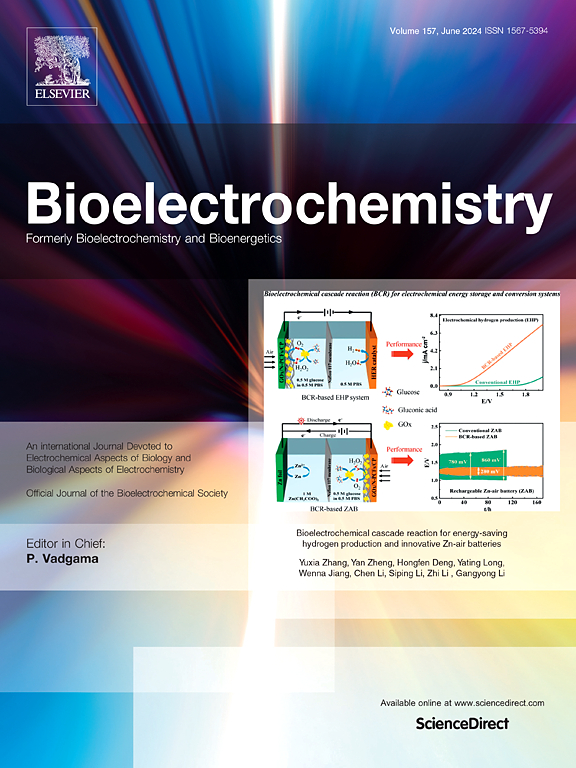Corticosterone-induced postpartum depression induces depression-like behavior and impairs hippocampal neurogenesis in adolescent offspring via HPA axis and BDNF-mTOR pathway
IF 3.6
2区 医学
Q1 NEUROSCIENCES
引用次数: 0
Abstract
Postpartum depression (PPD) adversely affects the growth and development of the offspring, increasing the risk of various internalizing behaviorsduring adolescence. Studies have shown that corticosterone (CORT)-induced PPD affects neurogenesis in the offspring, which is closely related to the onset of depression. However, the underlying mechanisms of these changes in the offspring of PPD mothers remain unexplored. In this study, we demonstrated postpartum mice treated with high CORT experienced activation of the hypothalamic-pituitary-adrenal (HPA) axis, which induced depressive-like behavior and impaired maternal caring behavior. Furthermore, adolescent offspring of PPD mice exhibited depression-like behavior, and learning and memory deficits. These offspring also showed diminished levels of DCX+, decreased levels of synaptic proteins, and reduced dendritic spine density and length in hippocampus. Additionally, we detected increased serum stressed hormones and decreased hippocampal glucocorticoid receptor (GR) protein level in the offspring. We also found the offspring exhibited reduced expression of brain-derived neurotrophic factor (BDNF) and the phosphorylation tyrosine kinase receptor B (TrkB), protein kinase B (AKT), and mammalian target of rapamycin (mTOR) proteins in hippocampus. These results indicated that the behavioral deficits and neuronal damage observed in the offspring of PPD mice may be related to HPA axis dysfunction and inhibition of the BDNF-mTOR pathway. In conclusion, our findings confirm that CORT induces depression-like behavior and impairs maternal caring behavior in maternal mice, which in turn affects their offspring's emotion and cognitive behavior. This impact is characterized by the activation of the HPA axis and inhibition of the BDNF-mTOR pathway.
皮质酮诱导的产后抑郁通过HPA轴和BDNF-mTOR通路诱导抑郁样行为,损害青春期子代海马神经发生。
产后抑郁症(PPD)对后代的生长发育产生不利影响,增加了青春期各种内化行为的风险。研究表明,皮质酮(CORT)诱导的PPD影响后代的神经发生,这与抑郁症的发病密切相关。然而,PPD母亲的后代中这些变化的潜在机制仍未被探索。在这项研究中,我们证明了高CORT处理的产后小鼠下丘脑-垂体-肾上腺(HPA)轴被激活,从而导致抑郁样行为和母性关怀行为受损。此外,PPD小鼠的青春期后代表现出类似抑郁的行为,以及学习和记忆缺陷。这些后代也表现出DCX+水平降低,突触蛋白水平降低,海马树突棘密度和长度减少。此外,我们检测到后代血清应激激素升高,海马糖皮质激素受体(GR)蛋白水平降低。我们还发现后代海马中脑源性神经营养因子(BDNF)、磷酸化酪氨酸激酶受体B (TrkB)、蛋白激酶B (AKT)和哺乳动物雷帕霉素靶蛋白(mTOR)的表达减少。这些结果表明,PPD小鼠后代的行为缺陷和神经元损伤可能与HPA轴功能障碍和BDNF-mTOR通路的抑制有关。综上所述,我们的研究结果证实了CORT诱导母鼠抑郁样行为并损害母鼠关爱行为,进而影响其后代的情绪和认知行为。这种影响的特征是HPA轴的激活和BDNF-mTOR通路的抑制。
本文章由计算机程序翻译,如有差异,请以英文原文为准。
求助全文
约1分钟内获得全文
求助全文
来源期刊

Neurobiology of Stress
Biochemistry, Genetics and Molecular Biology-Biochemistry
CiteScore
9.40
自引率
4.00%
发文量
74
审稿时长
48 days
期刊介绍:
Neurobiology of Stress is a multidisciplinary journal for the publication of original research and review articles on basic, translational and clinical research into stress and related disorders. It will focus on the impact of stress on the brain from cellular to behavioral functions and stress-related neuropsychiatric disorders (such as depression, trauma and anxiety). The translation of basic research findings into real-world applications will be a key aim of the journal.
Basic, translational and clinical research on the following topics as they relate to stress will be covered:
Molecular substrates and cell signaling,
Genetics and epigenetics,
Stress circuitry,
Structural and physiological plasticity,
Developmental Aspects,
Laboratory models of stress,
Neuroinflammation and pathology,
Memory and Cognition,
Motivational Processes,
Fear and Anxiety,
Stress-related neuropsychiatric disorders (including depression, PTSD, substance abuse),
Neuropsychopharmacology.
 求助内容:
求助内容: 应助结果提醒方式:
应助结果提醒方式:


